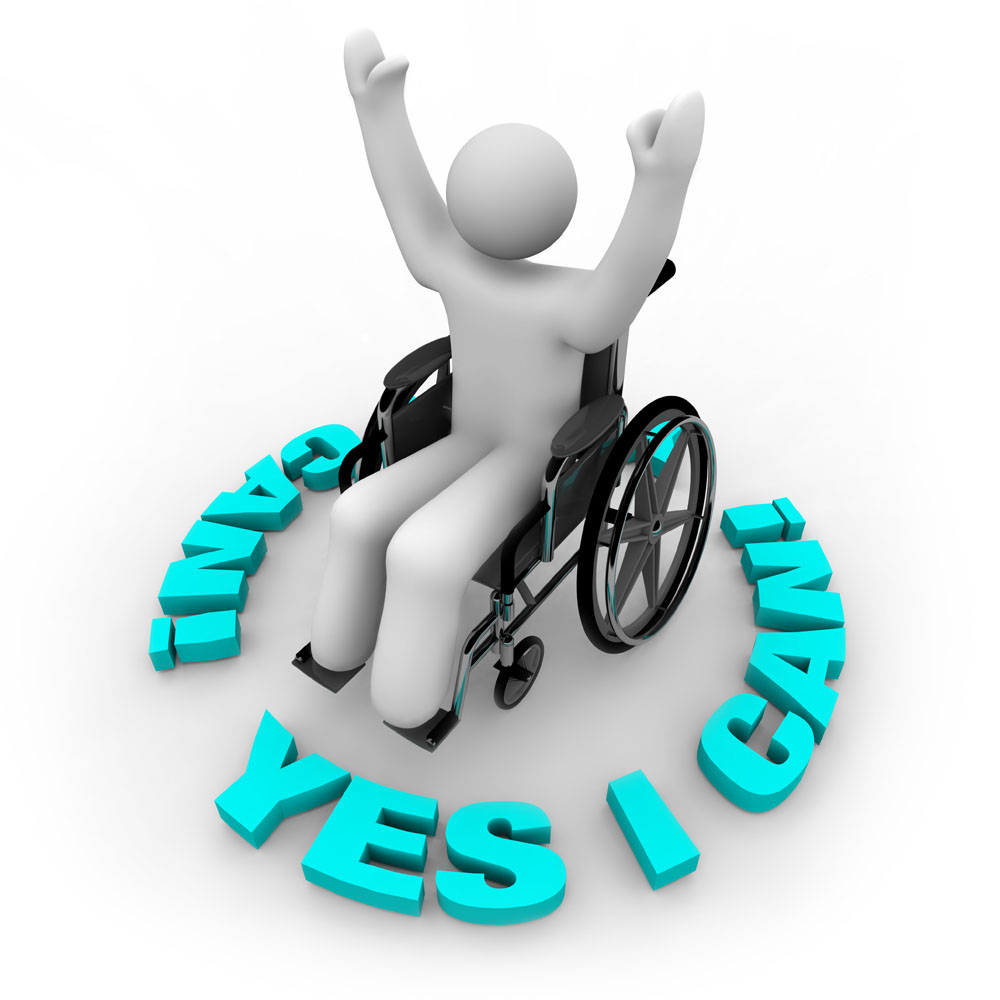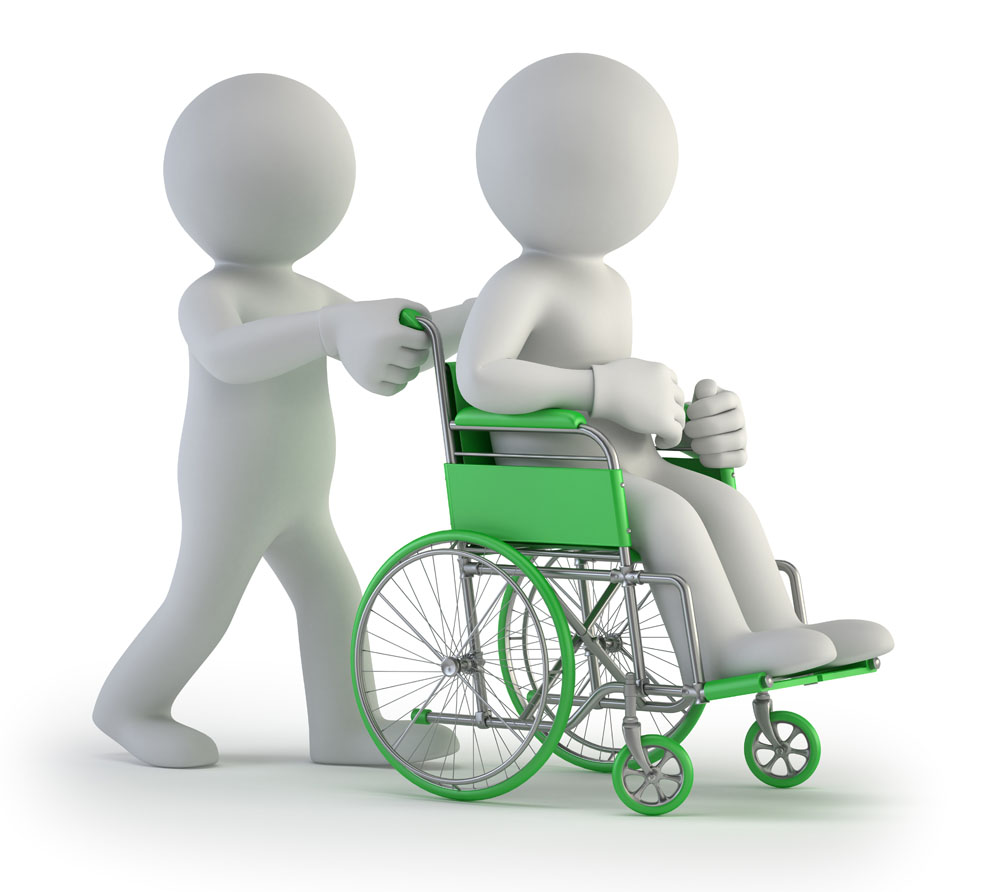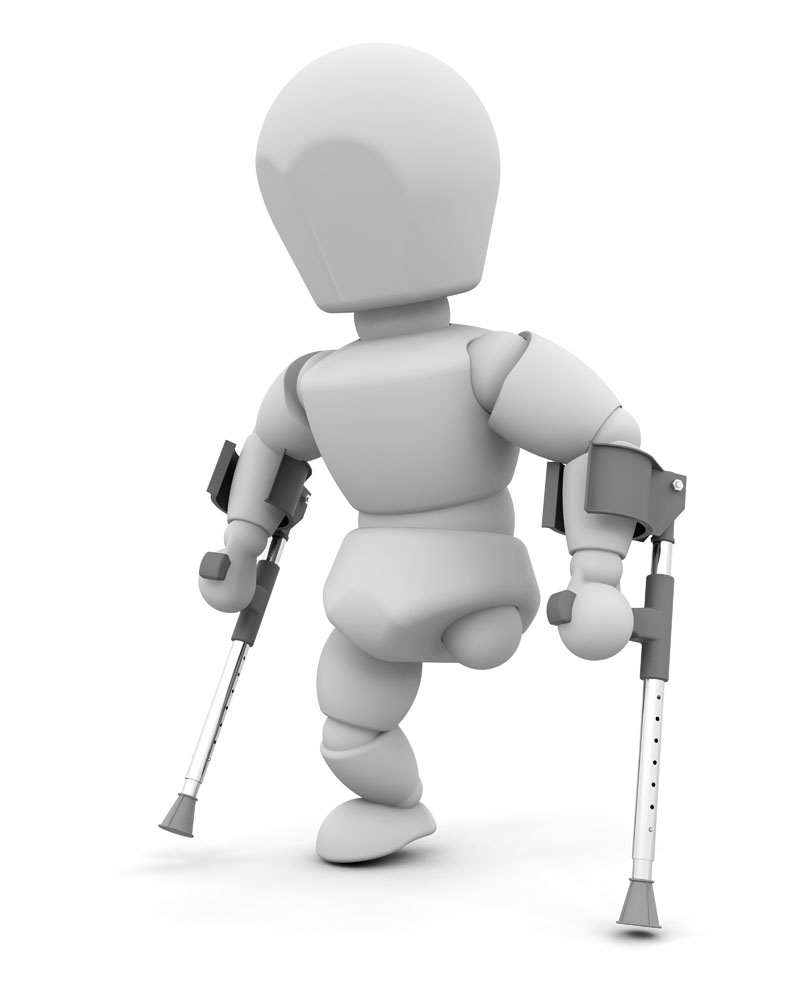-
1 Reading
-
2 Translation

Dear Sir/Madam,
Several years ago I was involved in a traffic accident and I lost the use of both my legs. At the time I thought my world had come to an endand I had nothing left to live for. However, through the patience and love of my family and friends I now look forward to the challenges each day brings — despitethe huge difficulties that society imposes on paraplegicslike myself, which brings me to the main point of my writing this letter.
Why, in this modern society, do paraplegics still have to plan eachtrip to the corner shop as if it was a complicated military operation? Why is it that it is still not possible for people like myself to get onto a bus or a train without the help of at least two strong friends? This is made even more of a problem when taxi drivers who see a person in a wheelchair accelerate past and pretend not to see me. Why do so manyshops not have doors or elevators that somebody in a wheelchair can use? Why do so many cinemas, restaurants, theatres, sports stadiums etc. still not provide areas where a wheelchair can be placed so a paraplegic can enjoy the same comforts and rights as other members of society? Why do we still have kerbs at the edges of roads that make italmost impossible for a wheelchair to cross the road?
Each day I get up wanting to live life to the full — why is it that “to the full” needs to be so much more limited for me than for the rest of society? Isn’t it time more was done to provide a full life for people like myself?
Yours ever hopefully,
Brian Thomas

Dear Sir/Madamn,
I read with interest, and some dismay, the letter by Mr Brian Thomas. Like Mr Thomas, I live my life in a wheelchair — but unlike Mr Thomas, I live in a city that has, in recent years, made great efforts to do exactly what Mr Thomas is asking for. Until a few years ago, my life was very similar to that described by Mr Thomas. In fact, I admire him for his bravery and determination in the face of such difficulties. Irarely left my home, as I was not brave enough to face the challenge of an environment designed only for the fully able members of society.
However, now I can telephone for a specially constructed taxi to come and collect me (although I rarely need to as my own vehicle has been designed so I can drive it comfortably and safely). I can go to a shopping centre where I can easily move from shop to shop in extra- wide elevators — there isn’t a single step in the whole centre. I can thengo to a restaurant that welcomes people in wheelchairs and on to a cinema that provides easy access to a special area near the front of the theatre designed specifically for wheelchairs.
So, Mr Thomas, please do not despair. Times and attitudes are changing — your own environment is sure to change soon. If not, I would be delighted to provide details of my own hometown — perhaps we could share the benefits of more caring and sympathetic town planners as neighbours!
Yours,
Sally Woods
Dear Sir/Madam,
I have been following with great interest the recent letters concerning physically disabled persons. I would like to make my own small contribution to give hope to people like Mr Thomas and Ms Woods. I am also disabled and require a wheelchair to move about. Iam also the chairman of the Disabled Taxi Drivers Association. Thereare, of course, no reasons why disabled persons cannot fulfill the dutiesof most jobs and should be (but are often not) considered for most positions equally with all other applicants. However, our association specifically caters to disabled drivers. We provide assistance in trainingand we help with the provision of suitably converted vehicles. We alsoprovide support and advice in all aspects of working as a disabled person.
By the way, it might come as a surprise to know that according to official statistics, the accident rate for disabled drivers is significantly lower than for other drivers. It is a great source of pride to our association that not one single member has ever had an accident of any kind!
Should any of your disabled readers be interested in our association, I would be more than happy to receive enquiries through this newspaper.
Yours,
Steven Price

Dear Sir/Madam,
I am delighted to read the ongoing discussion among your readers regarding life as a disabled person. As your previous contributors have mentioned, there are ever increasing social and professional opportunities for disabled persons. I would like to contribute to the discussion by suggesting the sporting opportunities that also exist. In many countries around the world, there are sports facilities designedfor disabled persons. For example, here in Britain there is a very activebasketball league for people confined to wheelchairs.
Perhaps the best example of sports for the disabled is the fact that hundreds of people are now proud winners of Olympic Games gold medals! There have been Summer Olympic Games for disabled athletes since 1960 and Winter Olympic Games since 1976. Paralympians are simply Olympians with disabilities. They include a wide range ofworld-record holders and they all have the same aims and goals as able-bodied athletes. They need to train just as hard and they compete just as fiercely. In fact, some of them even compete against able-bodied opponents — and frequently win! A good example is John Dowall, from New Zealand. He regularly competed against able-bodied athletesin the high jump competition — but he only has one leg. He did not see this as a disadvantage because, as he pointed out, everybody has to push off the ground from one leg. He hopped up to the bar on his single leg instead of running up on two legs. At the actual point oftake-off, he believes he was the same as the other athletes — in fact, he says he may even have had an advantage as the leg able-bodied athletes do not use to push off with frequently knocks the bar off. He did not have that problem.
Like John, to be a Paralympian simply means turning a potential disadvantage into an advantage. You have to regard your disability in a new light. Don’t think of it as a disadvantage at all, and never rely onothers for help simply because of your disability. Try to make yourself as independent of physical assistance as possible — independence is the key to professional and personal success — and success can oftenmean earning a living from sport. Top disabled athletes in America sometimes become superstars in their sports in exactly the same way as able-bodied sportsmen and women do. They have a large following of fans and are recognized as top sports personalities.
So, to any disabled readers of this newspaper, please rememberthat you have thousands of fellow disabled persons all over the world who will always give you the support and encouragement you need to achieve whatever it is you set your heart on doing. Never allow your disability to dictate what you can and cannot achieve.
Good luck in whatever you choose to do!
Yours,
Susan Pearson



